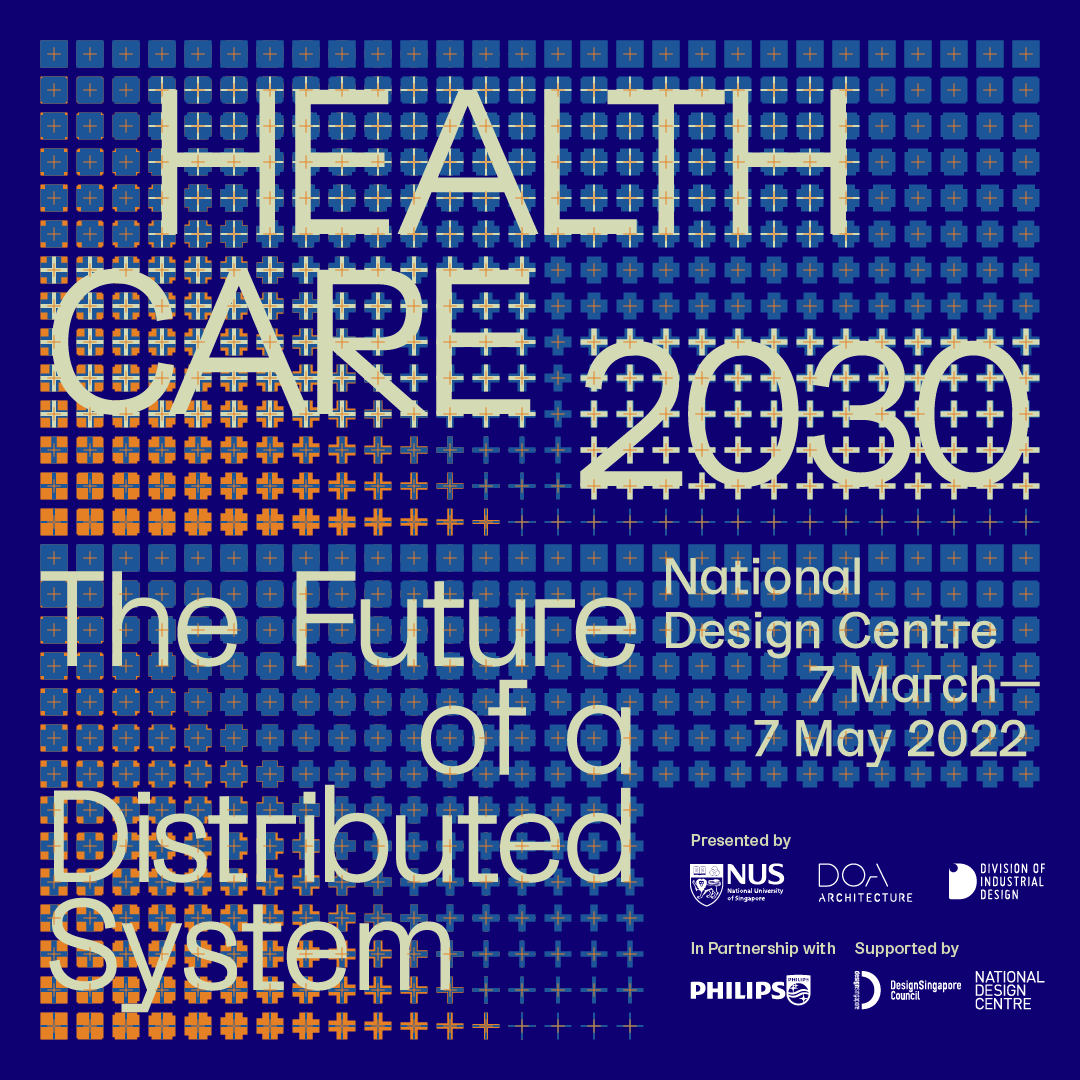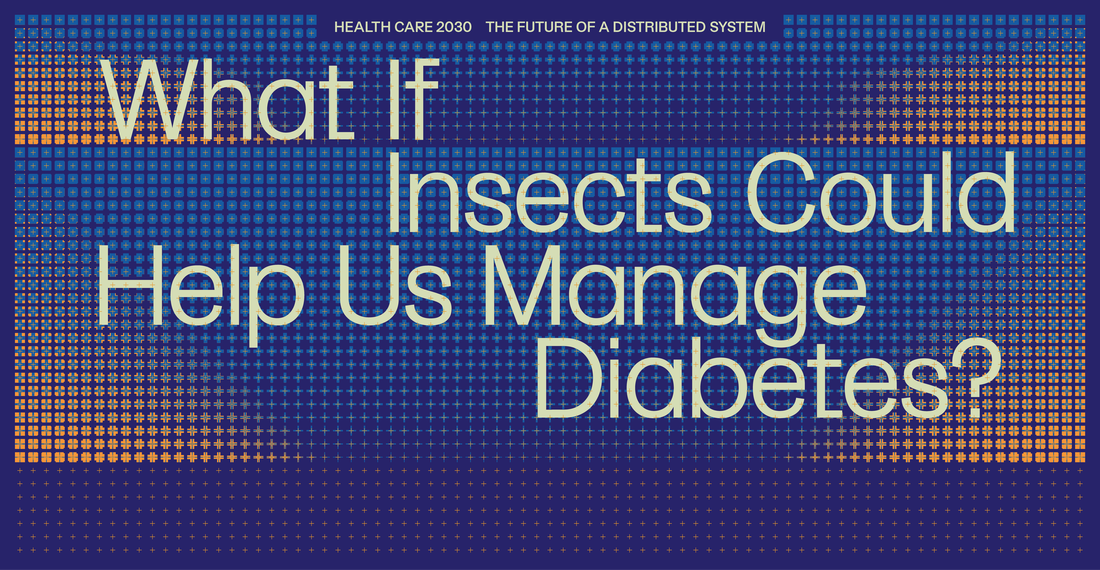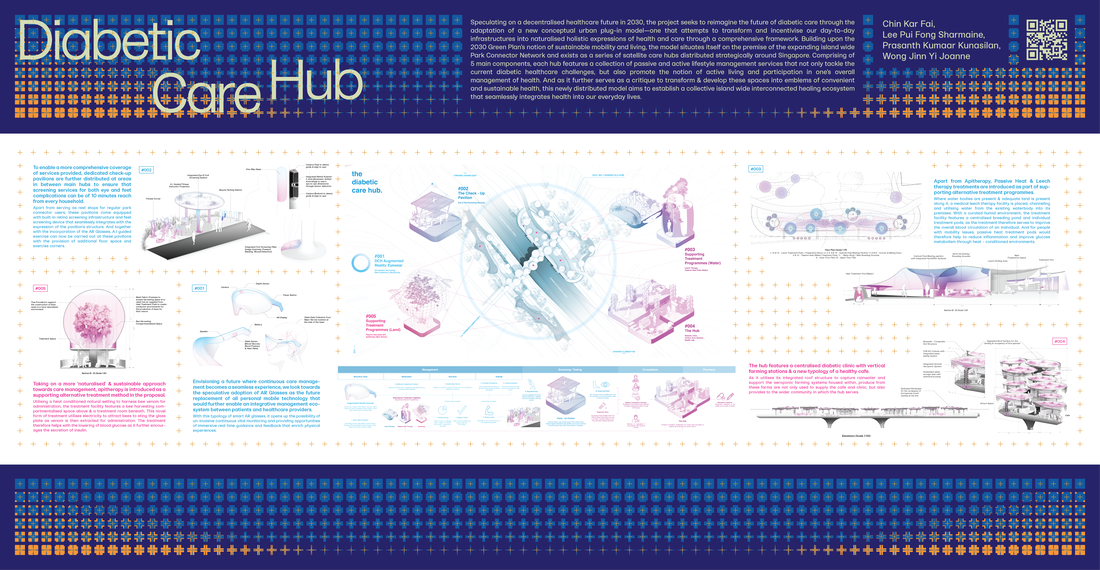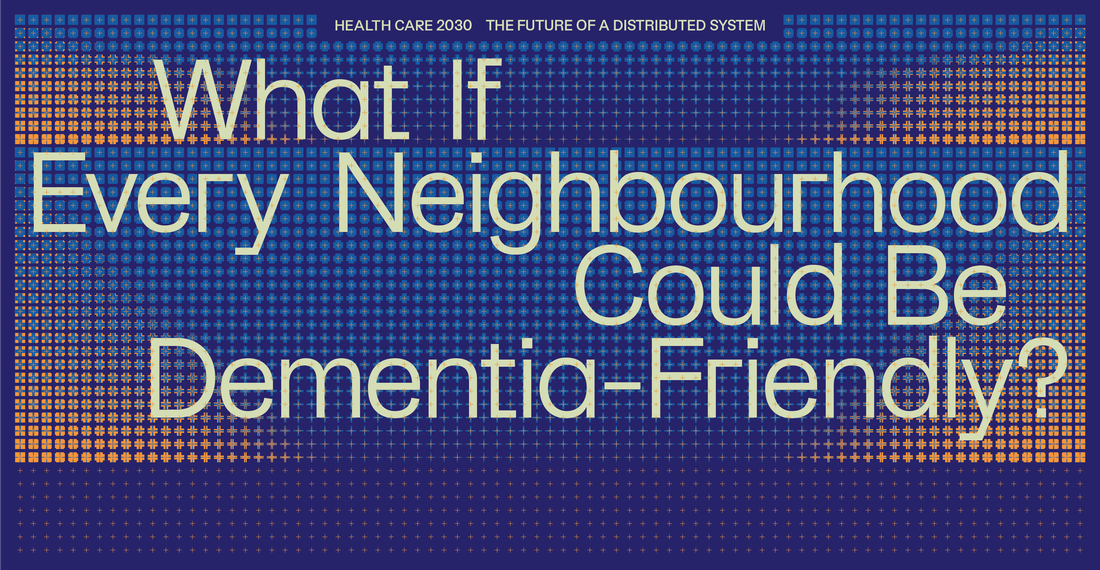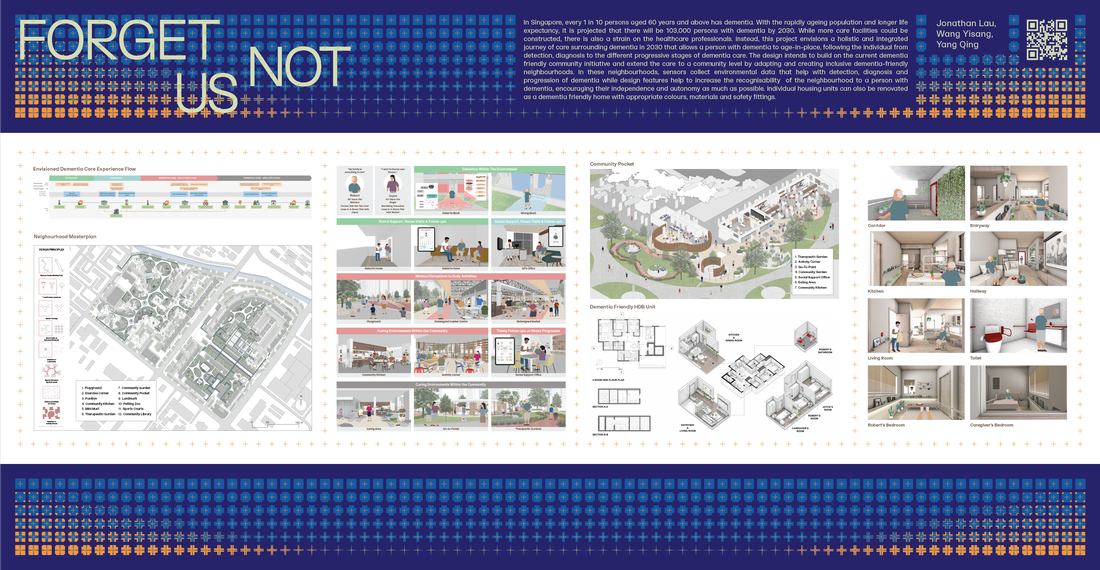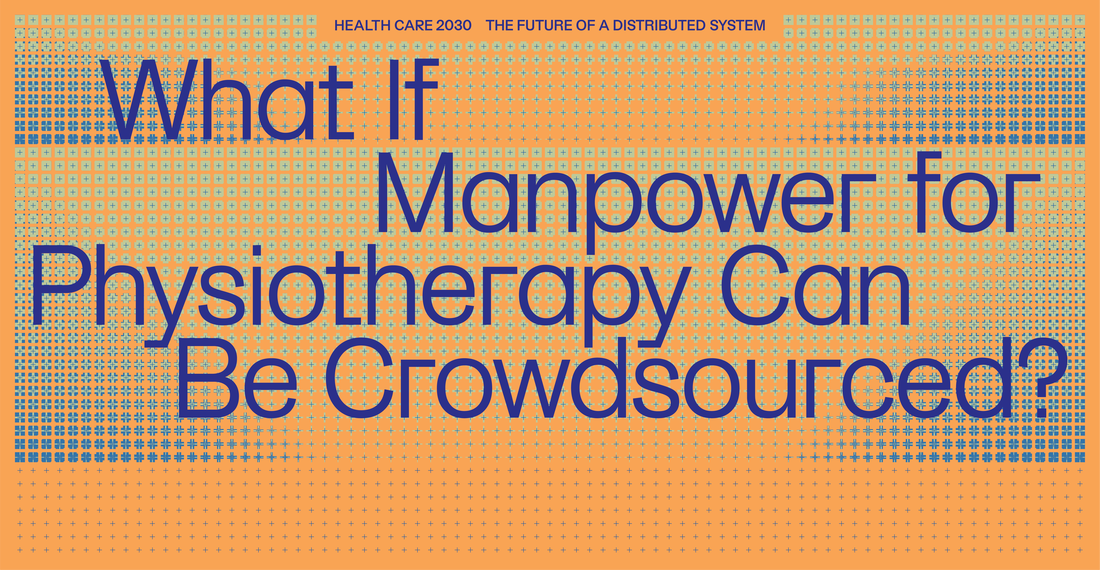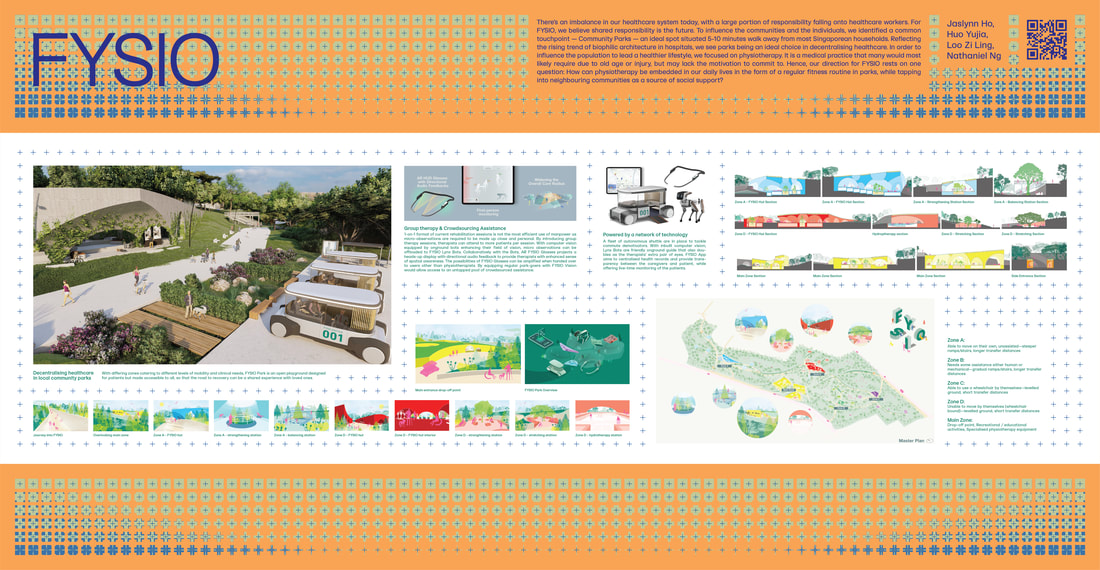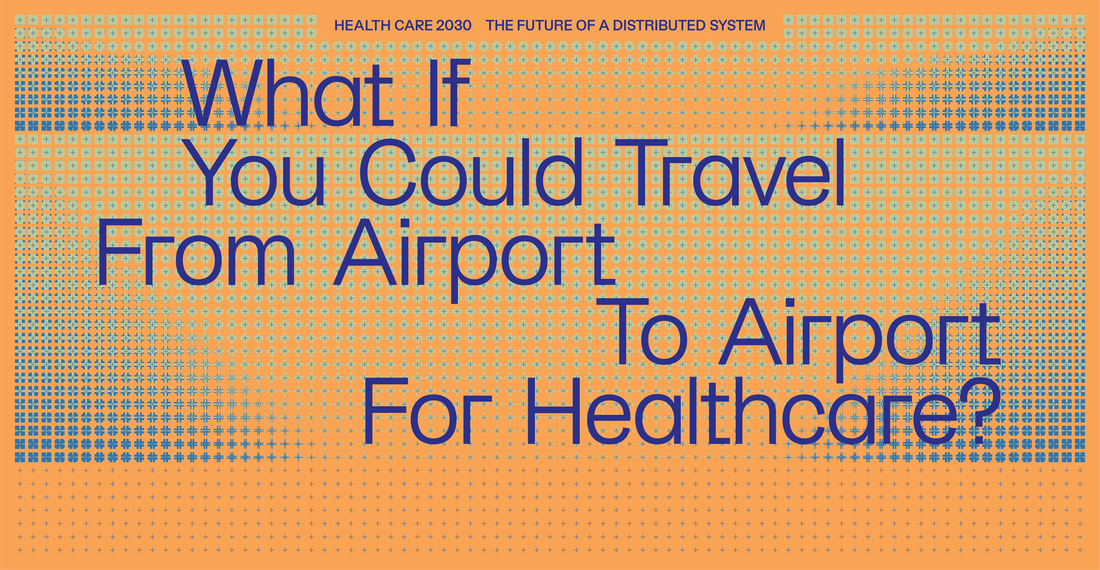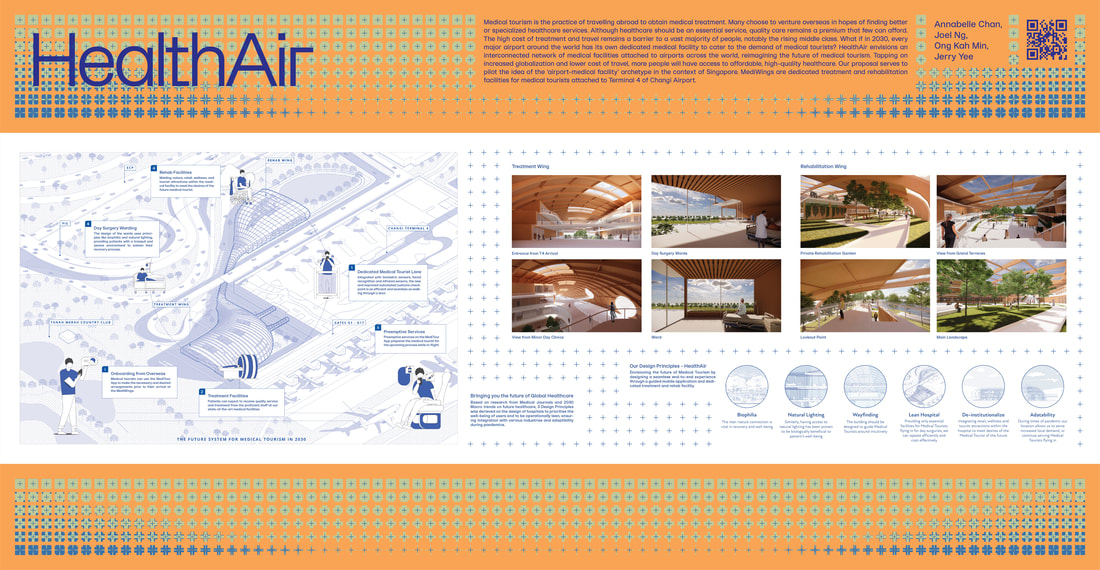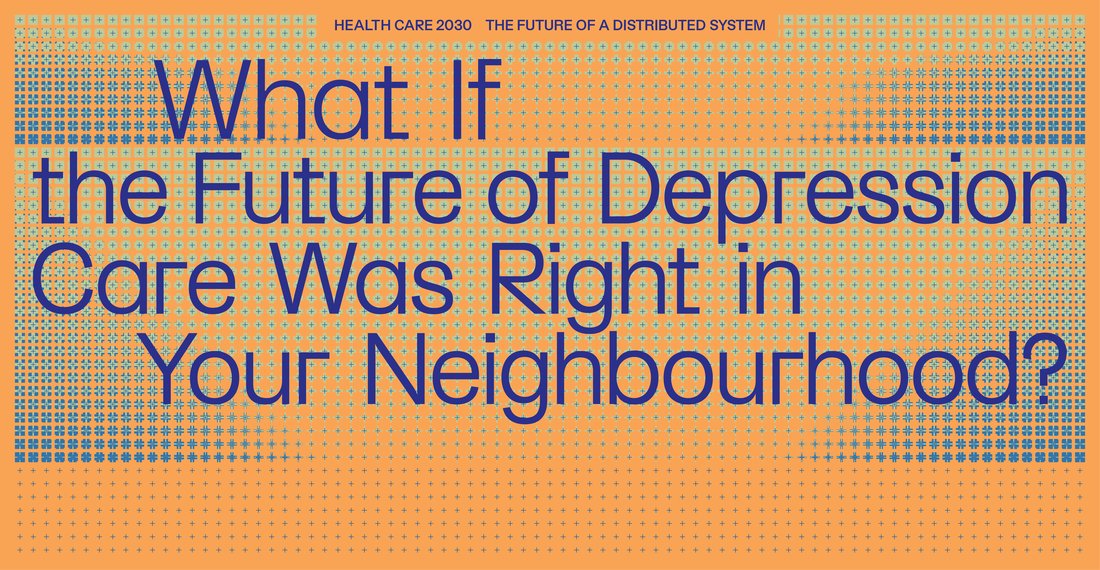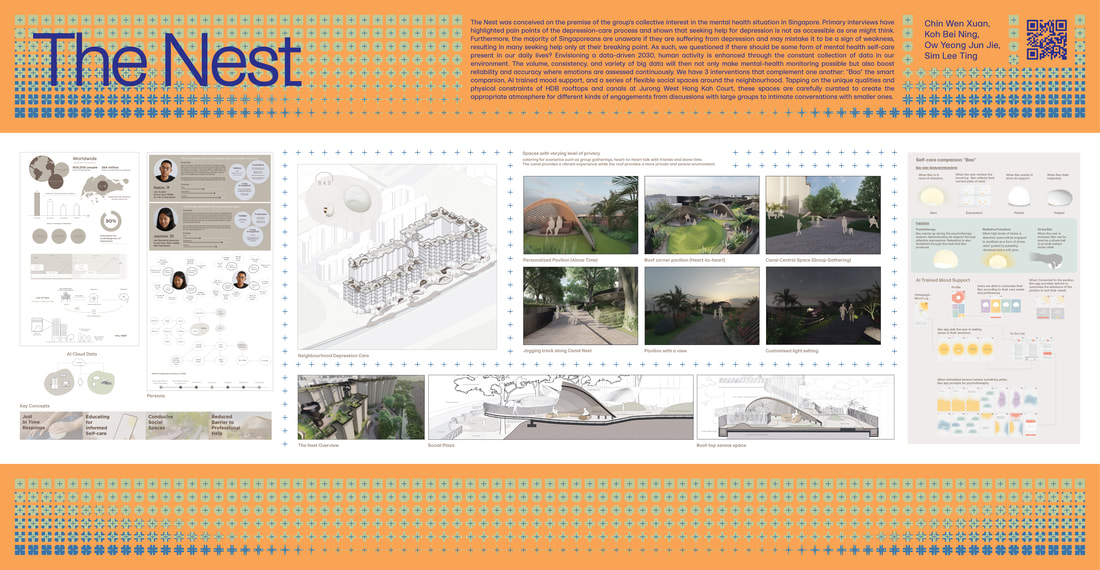In 2021, students from the National University of Singapore’s Division of Industrial Design and Department of Architecture worked in teams to address the challenge posed by Philips APAC Centre. Professors (Dr. Yen Ching Chiuan and Ar. Thomas Kong) from the National University of Singapore’s Division of Industrial Design and Department of Architecture jointly taught the design studio with experience designers from Philips (Nigel Geh, Sachin and Se Young). Students embarked on a journey of collaborative learning, interdisciplinary thinking, research, and design over a thirteen-week semester. They explored healthcare as a distributed system, speculated the evolution of healthcare environments influenced by changing societal behaviours, cultural norms, accessibility, and new care delivery systems supported by emerging technologies. The exhibition presents five thought-provoking design solutions across different scales and experiential touchpoints.
See the virtual exhibition here: https://chio.space/virtual-tour/healthcare-2030/home
See the virtual exhibition here: https://chio.space/virtual-tour/healthcare-2030/home
Diabetic Care Hub (Joanne Wong Jinn Yi, Sharmaine Lee Pui Fong, Prasanth Kumaar Kunasilan and Chin Kar Fai) speculates a decentralised diabetic care system through the introduction of a distributed network of stations and facilities within Singapore’s Park Connector Network. The hubs establish an island-wide interconnected healing ecosystem that seamlessly integrates preventive and care management into our everyday lives. AI and augmented reality technology inform, incentivise and promote active living & personal involvement in one’s overall care management.
Forget Us Not (Wang Yisang, Yang Qing, Wong Yu Ting Ashlyn and Jonathan Lau) offers an integrated system of care surrounding dementia that includes detection, diagnosis to the different stages of care of dementia as it progresses. The project enables one to lead as normal a life as possible before the onset of late-stage dementia by addressing the multiple design scales, starting from the interior of an HDB apartment to public spaces. The use of sensors and digitally enhanced materials for detection and wayfinding add an infrastructural layer to the design and the creation of a dementia-friendly neighbourhood.
Physio (Jaslynn Ho, Huo Yujia, Nathaniel Ng Wei Tun and Loo Zi Ling) advocates a shared responsibility for a future healthcare system that focuses on physiotherapy and promoting a healthy lifestyle. The team discovers that most residents are only a 5–10-minute walk from a community park through their research. By situating physiotherapy sessions and facilities in a park setting, the project aims to incorporate biophilic design principles in the design of healthcare facilities. Technologies like autonomous vehicles, AI, and mobile robots enhance the delivery of healthcare services and cultivate a social support network among healthcare providers, patients, and their family members.
Healthair (Joel Ng Jo-Wei, Jerry Yee Heng Jie, Ong Kah Min, and Anabelle Chan Pei En) imagines a network of health systems amongst countries with medical facilities attached to airports. The project rethinks the current medical tourism and global health model by lowering the barriers to quality healthcare and greater access to affordable and high-quality services. A medical wing dedicated to treatment and rehabilitation facilities for regional patients is introduced to Terminal 4 of Changi Airport, while a medical app improves a patient’s onboarding process and integrates a seamless service flow between patients, healthcare providers, and the architecture.
The Nest (Chin Wen Xuan, Ow Yeong Jun Jie, Koh Bei Ning and Sim Lee Ting) envisions a future where architecture, products, and services become an integrated, data-driven, and distributed system for depression-care and mental self-care. Redesigned spaces and carefully curated landscaped pathways lined with pavilions provide varying degrees of privacy catering to small group meetings and personal conversations. The project promotes mental health wellbeing and identifies early symptoms of depression. The combination of data, sensors, haptic, and sensorial design aids individuals through a supportive recovery journey.
